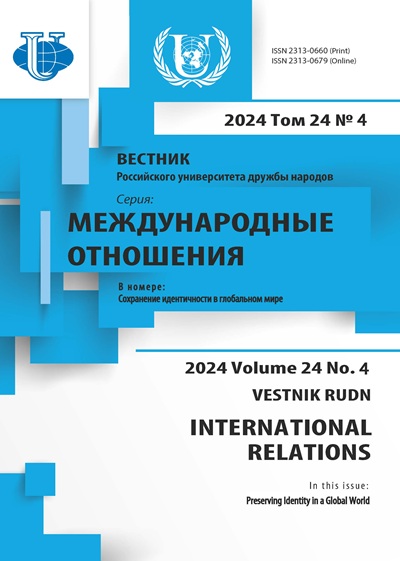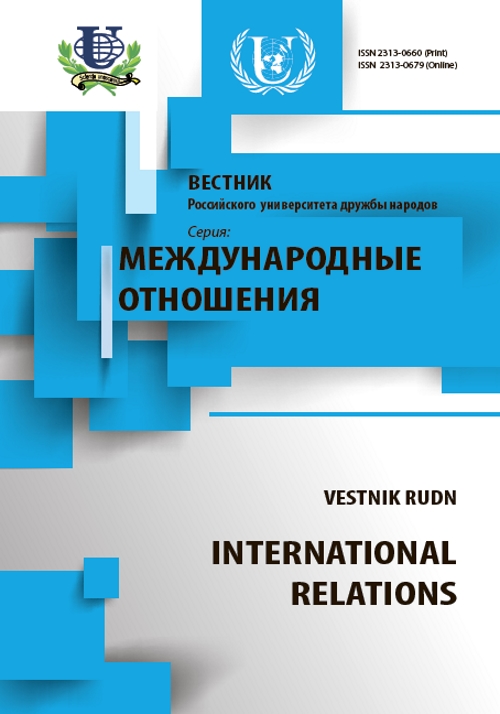Международные молодежные организации общеевропейского пространства: некоторые особенности участия в политике продвижения «мягкой силы»
- Авторы: Асадов Б.о.1, Кострикин А.В.2
-
Учреждения:
- Санкт-Петербургский государственный экономический университет
- Санкт-Петербургское отделение Ассоциации работников молодежной сферы
- Выпуск: Том 16, № 1 (2016): "Мягкая сила" в международных отношениях. Образ России
- Страницы: 32-45
- Раздел: Статьи
- URL: https://journals.rudn.ru/international-relations/article/view/10526
Цитировать











